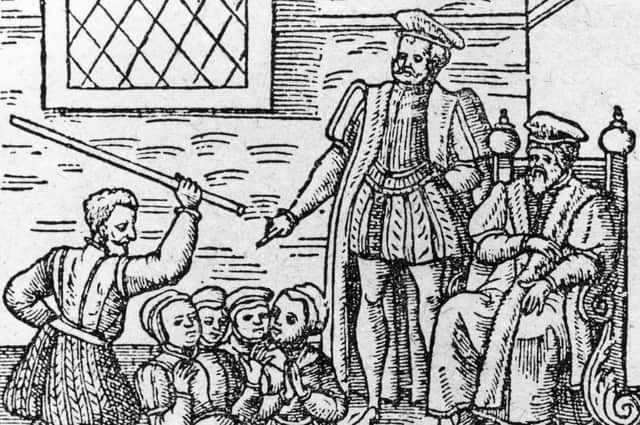Scotland's witch trial apology has real meaning for modern-day women – Eleanor Bird


We’ve all been encouraged to make apologies that stick in our craw when we haven’t actually done anything wrong – or wanted to believe we have. I’ve done my fair share of ‘apologisable’ deeds which, I’ve learnt over the years, there’s a strength to admitting to – not a weakness.
I’m not proud to say I’ve also upset a fair few fragile egos in my time. OK, I am a bit proud.
Advertisement
Hide AdAdvertisement
Hide AdBut I fear there’s increasingly little room for apology, especially in politics where discourse is more and more dominated by sheer transmission rather than true debate where minds are changed and opposing viewpoints considered.
Now, here I must take the opportunity to recognise that I myself struggled with this aspiration many times during my stint on Edinburgh Council.
But, as a group, we also tolerated comments that flew in the face of fact or fairness, as well as a distinct collective inability to acknowledge our own uncomfortable shortcomings and confront an often all-too honest reflection of ourselves.
Earlier this year, a national apology was issued for the historical injustice of witch-hunts and the accusation, conviction, vilification, and execution of more than 2,500 Scots – the vast majority of them women and many in Edinburgh – under the Witchcraft Act of 1563.
Advertisement
Hide AdAdvertisement
Hide AdBut while the Witchcraft Act has rightly been consigned to Scotland’s past, the attitudes that enabled it undoubtedly sprouted the roots of misogyny that are so evident in the everyday harassment and sexual violence we see today.
Some might consider this little more than a performative act, but through a meaningful apology for a long-held symbol of disempowerment in Scotland came a voice for the modern-day woman who still suffers its worst effects.
For as long as we assume that apologies cost us, rather than accept that our actions cost others, we lose the power inherent in putting our hands up and take another step away from banishing the witch trials, in all their forms, to the history books for good.
Comment Guidelines
National World encourages reader discussion on our stories. User feedback, insights and back-and-forth exchanges add a rich layer of context to reporting. Please review our Community Guidelines before commenting.
